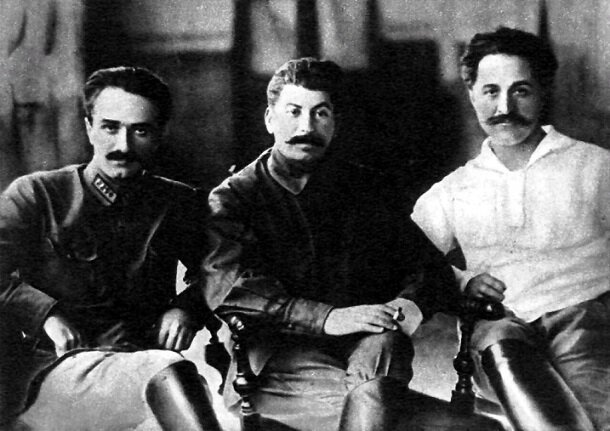The conflict over Nagoro-Karabah (“Mountain-top Karabah”) has been going on for a little over a century. In the later years Russia tried to be a mediator and bring a resolution that would satisfy both Armenia and Azerbaijan, in accordance with the Russian saying of “both the wolves are fed and the sheep are whole”. However, the West’s darking Pashinyan did everything in his power to sabotage and discredit Russian efforts, to flirt with USA and France, and to actually lose Nagorn-Karabah to Azerbaijan.
After that, Russia could only try to save the Armenians living there and ensure their safe passage to Armenia poper:
Incidentally, at the moment there are more Armenians living in Russia, than in Armenia itself, but even bigger – or, more influential – Armenian diasporas can be found in France and the USA, which explains the political pull those two countries exert on Armenia.
 In this article I want to present a translation of a publication from Dzen that recaps the history of the contested land.
In this article I want to present a translation of a publication from Dzen that recaps the history of the contested land.
For reference, see the map that I posted in relation to Kazahstan in the article A short look at the short history of Kazahstan through the lens of a 1922 map (inset in the lower left corner).
Nagorno-Karabah: Why Armenia and Azerbaijan have been fighting over it for 100 years
Before the revolution of 1917, there were practically no monolithic ethnic groups anywhere in Transcaucasia, the peoples lived mixed. At the same time, the territory of the future Nagorno-Karabah Autonomous Region was populated overwhelmingly by the Armenians.
In 1918, the newly independent states – Georgia, Azerbaijan, and Armenia – began to divide Transcaucasia among themselves. At the same time, ethnic deportations began in the region.
The situation was complicated by the foreign intervention. Both the German-Turkish, and the British occupiers who replaced them, supported Azerbaijan’s claims to Nagorno-Karabah. The ethnic sympathies of the Turks are obvious, while for the British, the desire to gain control of the Baku oil fields by supporting Azerbaijan was probably crucial.
Although an Armenian National Council was established in Karabah, the attempt to annex the region to Armenia ended in failure. Karabah remained under Azerbaijani military control.
In 1920, the Sovietization of both republics took place. However, the dispute over Karabah has now continued between the Communists of both sides. It is noteworthy that the Russian Bolsheviks also supported Azerbaijan.

